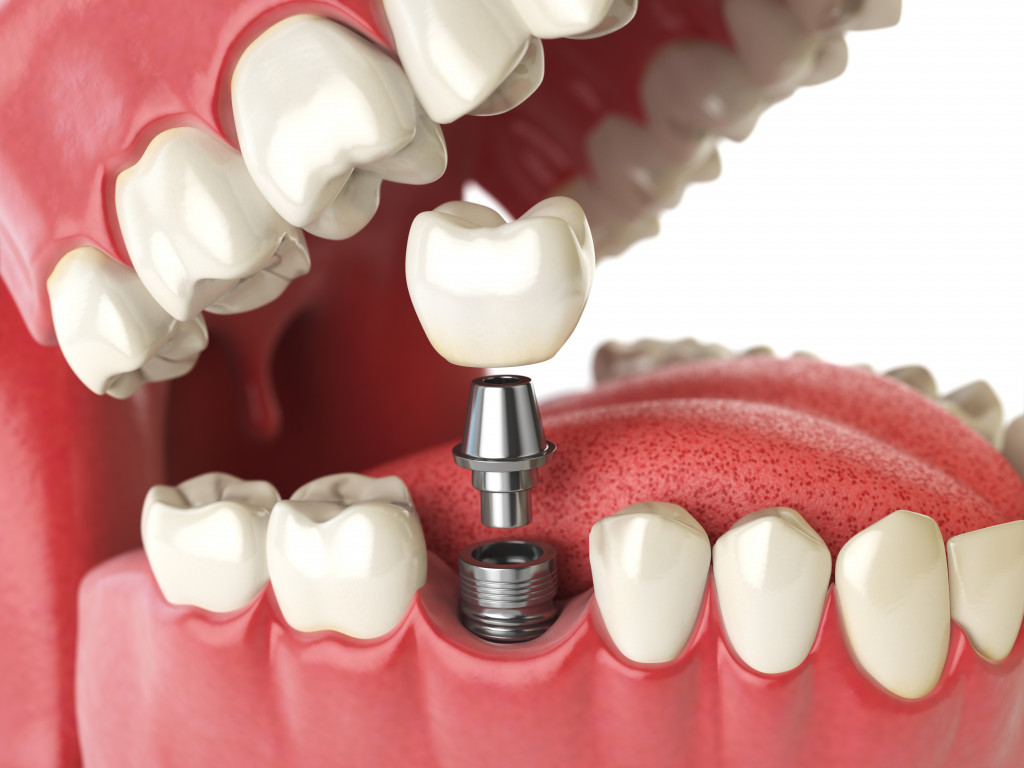Dental bone loss is a severe problem that can lead to tooth loss, which should be taken seriously. In the United States, studies show that at least 50% of adults have gingivitis, and up to 80% have had a periodontal disease—both are ongoing struggles for many. However, there are things that you can do to prevent it from happening. Here are five tips for preventing dental bone loss.
1. Quit Smoking
Smoking is one of the leading contributors to dental bone loss, as it can cause a decrease in blood flow and oxygenation to your teeth. This results in gum tissue weakening and a higher risk for periodontal disease, which can lead to tooth loss. Quitting smoking is the first step toward preventing dental bone loss. As a smoker, you must recognize that quitting is the best option for oral health and well-being.
When you decide to quit, many options are available to help you make this change. You can talk to your doctor about medications or nicotine replacement therapies, find support from a therapist or friends and family, or join a smoking cessation program. Additionally, many online resources and mobile apps can provide you with support and motivation to keep going. For instance, the American Lung Association offers an online program that helps individuals quit smoking. Other programs include Smokefree.gov, QuitNet, and the National Cancer Institute’s “Quit for Life” program.
2. Eat a Healthy Diet
Eating a healthy diet is key to preventing dental bone loss. Proper nutrition is essential for keeping your teeth and gums strong and healthy, so you must consume various whole foods, including fruits, vegetables, lean proteins, nuts, and seeds. Additionally, reducing your intake of processed foods and sugary snacks can help keep your teeth clean and prevent cavities from forming.
Making small changes in your diet can also be beneficial for maintaining good oral health. For instance, eating crunchy fruits and vegetables like apples or carrots stimulates saliva production, which helps remove bacteria from the mouth. Eating yogurt with active cultures supplies probiotics that are beneficial for fighting off oral infections. And adding calcium-rich foods like dairy products and leafy greens helps to keep your bones strong.
By following a balanced diet, you can help prevent dental bone loss as well as other oral health issues. Taking the time to plan nutritious meals and snacks will ensure you get all the essential nutrients you need for good oral health. And since eating healthy benefits your overall health, it’s worth the effort.
3. Brush and Floss Daily

Brushing and flossing your teeth daily is one of the most critical steps to prevent dental bone loss. 41% of Americans floss at least once daily, while 20% never do, according to the 2014 Delta Dental Oral Health and Well-Being Survey.
Brushing removes plaque, bacteria, and food particles from the surface of your teeth, while flossing helps remove any food that may become trapped between your teeth or below the gum line. When done correctly, brushing and flossing can help remove plaque buildup, which, if left untreated, can lead to gum disease and, eventually, dental bone loss.
You must use a soft-bristled toothbrush and fluoride toothpaste when brushing your teeth. It’s also recommended to brush for two minutes twice daily using a circular motion and spend extra time on the back teeth. When flossing, using a gentle sawing motion and cleaning between teeth is essential.
4. Use Mouthwash
Using mouthwash is another critical step in preventing dental bone loss. When used correctly, it can help reduce plaque buildup and freshen your breath. It also helps remove bacteria lingering in hard-to-reach places after brushing and flossing.
Mouthwashes come in various formulas, including antibacterial, antiplaque, antigingivitis, fluoride rinses, and whitening rinses. Depending on the type you choose, it can help prevent cavities, reduce gum inflammation and even whiten teeth. However, reading the label before using a product is vital to ensure it’s appropriate for your needs.
5. See Your Dentist Regularly
Seeing your dentist regularly is key to preventing dental bone loss and maintaining good oral health. Most dentists recommend visiting the office every six months for a checkup and cleaning, but depending on your needs, you may need more frequent visits.
During your visit, the dentist will examine your teeth and gums for any signs of decay or gum disease. The dentist may also take X-rays to look for signs of bone loss underneath the gums. If any problems are found, your dentist can provide treatments and guidance to prevent further damage. Most likely, your dentist will suggest oral implants so that you can retain your tooth’s natural structure and function. Implants also prevent bone loss since they provide a permanent and secure foundation for teeth.
The Bottom Line
Dental bone loss is a severe problem that can lead to tooth loss, but it can be prevented with good oral care habits. With these tips above, you can do your part to protect your teeth, gums, and bones from damage.
